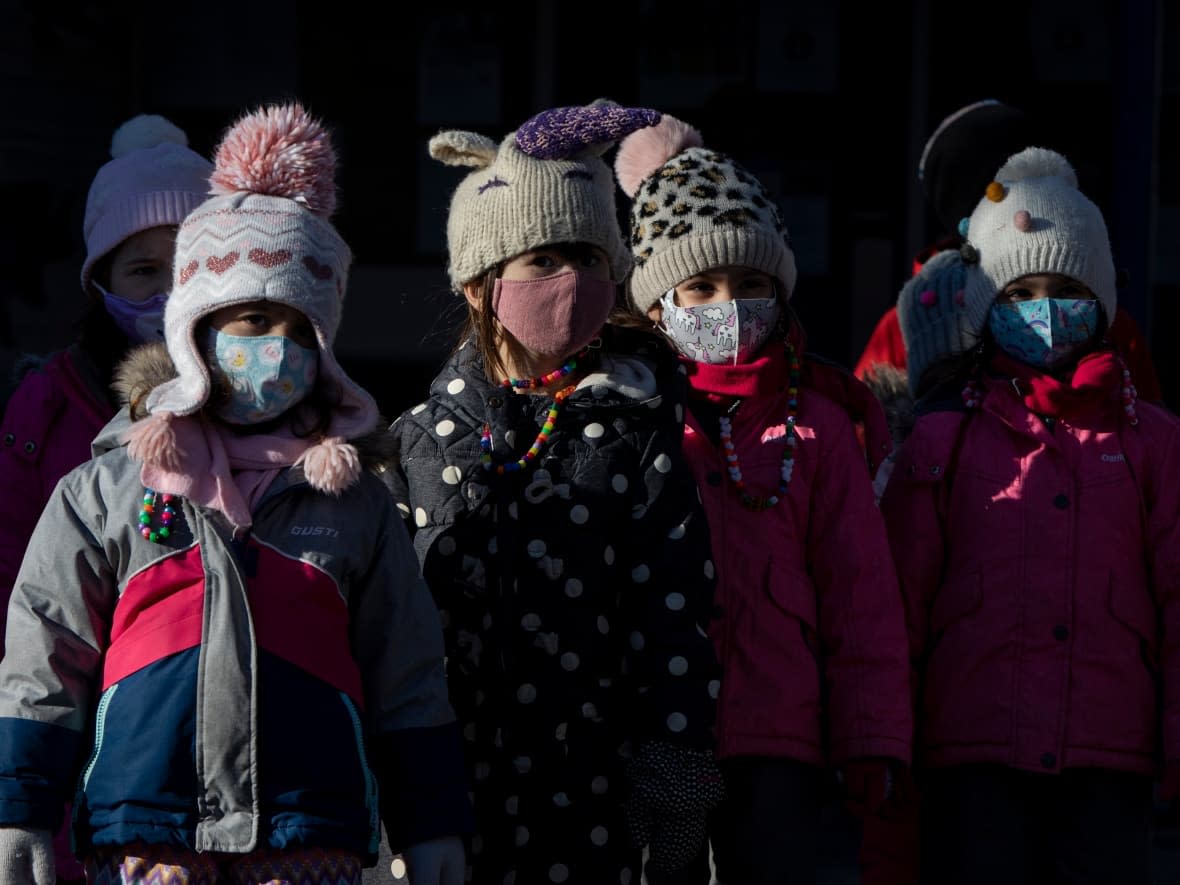Wondering about your kids' return to class amid COVID-19? Here are answers to 6 key questions

After extended time at home brought on by COVID-19, Ontario schools are reopening for in-class learning on Monday.
As the Omicron variant continues to cause turmoil in the province with transmission levels still high, parents no doubt have questions about how things are going to work as their kids head back to class.
Here are the answers to some pressing questions before students go back.
Do I have to test my kids before they go back to class?
No. The province says it provided rapid antigen screening kits to all children who were participating in in-person learning before the holidays, in the hopes of catching cases and curbing spread before classes resumed.
However, participation was voluntary. Students do not have to use the tests or provide proof of results to return to the classroom.
How will I know about COVID-19 cases in school?
Provincial officials are now saying schools will be monitoring for absences instead of specific positive tests for the virus. Ontario recently changed its protocols for access to PCR testing, reserving it largely for high-risk settings.
The province says it will start reporting absentee rates and closures in schools on its website as of Jan. 24. Officials say parents will have access to absence levels in their kids' schools "on a regular basis, with more information shared on reporting expectations soon."
When absences hit 30 per cent in a school (including staff and students), the school will have to report this to its local public health unit, which would also trigger a notice to parents, according to the province.
However, some school boards appear to be going beyond the guidelines the province has set. The Toronto District School Board announced Thursday it will continue to alert families about COVID-19 cases in its schools.
But while the board noted that while classes directly affected by confirmed COVID-19 cases will be notified, it will no longer be updating its website to reflect the number of cases in its schools.
If my kid gets sick, how long do they have to isolate?
Full guidance for isolation requirements for students can be found here. Requirements vary depending on symptoms, vaccination status and test positivity.
Instructions can vary from 24 to 48 hours after symptoms improve on the low end for people with one symptom and no positive test, all the way to 10 days for people 12 and older who test positive and aren't fully vaccinated.
There are a lot of variables around this guidance, so be sure to read through the provincial document to see what applies to you.
Can students attend online school while isolating?
The province says school boards will offer remote learning in line with the requirements set out in this document, and that boards are responsible for figuring out the protocols for switching between remote and in-person learning.
Officials say parents should contact their specific boards for more information or answers to questions about switching between in-person and remote learning.
What kind of tests will my kids get?
Ontario announced Wednesday that on top of the rapid tests that were distributed before the holiday break, students are slated to get two rapid antigen tests when they return to school.
The rapid tests will be distributed starting next week, first to staff, then to children in daycares and students in public elementary schools, followed by high school students pending availability. Officials say more tests will be provided when supply allows.
Will any kids still qualify for PCR testing?
The province says as the supply of rapid tests is still limited, it will continue to provide take-home PCR tests as needed until its stores of rapid tests improve.
However, PCR kits will only be given to elementary and secondary school students and staff who develop symptoms while at school.


